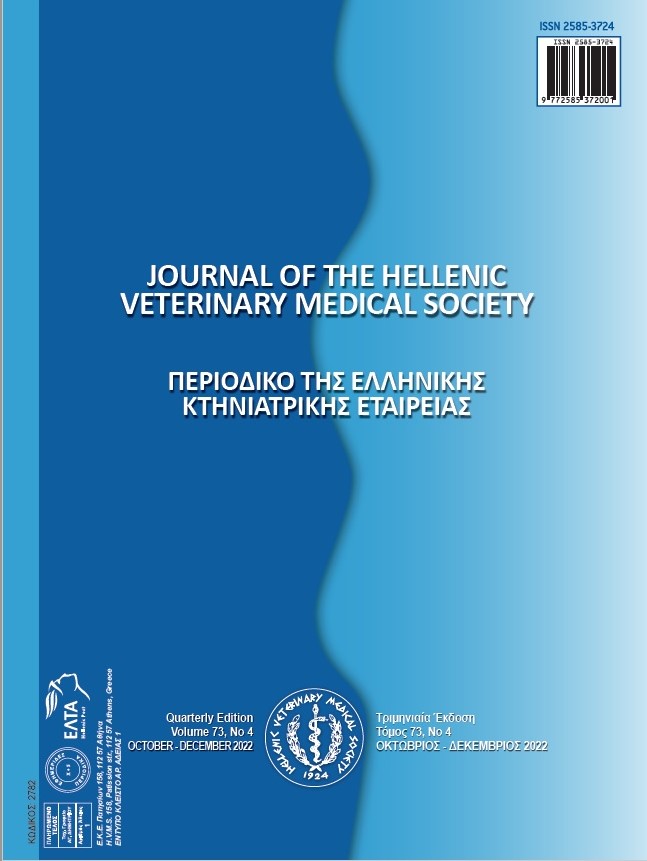The Impact of Chitosan on Oxidative Stress in Liver of Rats Loaded With Lead Acetate
Resumen
This study was conducted to determine the impact of chitosan on lead (Pb)-induced hepatotoxicity. Thus, lead acetate was administered intraperitoneally (50 mg/kg for 5 days) and chitosan was given as 200 mg/kg via oral gavage for 28 days. When the trial was terminated, it was determined that aspartate aminotransferase (AST), alanine aminotransferase (ALT) and alkaline phosphatase (ALP) activities in serum as well as Pb, 8-hydroxy-deoxyguanosine (8-OHdG) and malondialdehyde (MDA) levels and catalase (CAT) activity in liver tissue significantly increased, however reduced glutathione (GSH) and ceruloplasmin (Cp) levels in liver and high density lipoproteins (HDL) in serum had a significant decrease in the Pb group when compared to the control group. The administration of chitosan significantly prevented Pb-induced changes in serum liver enzyme activities, 8-OHdG and MDA levels. In addition, chitosan showed a statistically insignificant effect on reduced GSH, Cp, HDL levels and CAT activity. Accordingly, administration of chitosan can strengthen the antioxidant defence system of liver tissue and may decrease oxidative stress.
Article Details
- Cómo citar
-
Ozdek, U., Toz, H., Kömüroğlu, A., Mis, L., & Değer, Y. (2023). The Impact of Chitosan on Oxidative Stress in Liver of Rats Loaded With Lead Acetate. Journal of the Hellenic Veterinary Medical Society, 73(4), 4703–4708. https://doi.org/10.12681/jhvms.24541
- Número
- Vol. 73 Núm. 4 (2022)
- Sección
- Research Articles

Esta obra está bajo una licencia internacional Creative Commons Atribución-NoComercial 4.0.
Authors who publish with this journal agree to the following terms:
· Authors retain copyright and grant the journal right of first publication with the work simultaneously licensed under a Creative Commons Attribution Non-Commercial License that allows others to share the work with an acknowledgement of the work's authorship and initial publication in this journal.
· Authors are able to enter into separate, additional contractual arrangements for the non-exclusive distribution of the journal's published version of the work (e.g. post it to an institutional repository or publish it in a book), with an acknowledgement of its initial publication in this journal.
· Authors are permitted and encouraged to post their work online (preferably in institutional repositories or on their website) prior to and during the submission process, as it can lead to productive exchanges, as well as earlier and greater citation of published work.



